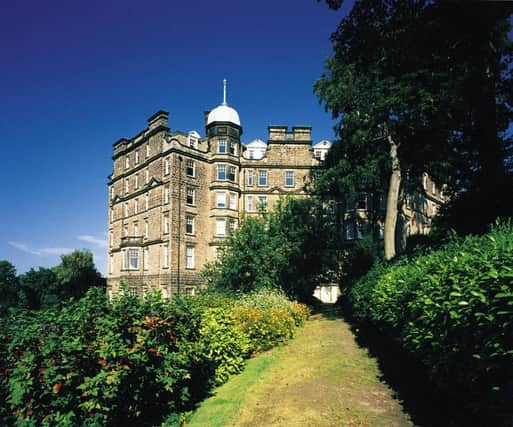Landmark Harrogate building sold to London firm for £13.75m


The property, which includes the more modern Windsor Court buildings, was acquired by Boultbee Brooks Real Estate from F&C Reit, which at the end of last year had £7.5bn in assets under management. The sale was advised by Savills and Aurum Real Estate and the vendor was represented by CBRE.
Boultbee Brooks has instructed Savills and Carter Jonas as joint letting agents at Windsor House, which provides 75,250 sq ft of office space.
Advertisement
Hide AdAdvertisement
Hide AdPaul Fairhurst, office agency director at Savills, said: “We are pleased to have acquired this prestigious office development on behalf of Boultbee Brooks and Windsor House will now undergo a refurbishment to enhance and improve its offer for modern occupiers.
“We are confident that this, combined with its scenic and well-connected location, will generate strong demand for the remaining space.”
Windsor House has a wide range of tenants occupying space from 100 sq ft to 35,000 sq ft, and is currently home to around 100 businesses and organisations, including Tees Esk & Wear Valleys NHS Foundation, Neoss, H2K Skincare, Si Recruitment, Saffery Champness, Larson Group, ELS Media, PFP Group and Nostrum Group, which since expanding its presence last year occupies over 10,000 sq ft across the whole site.
The sale included Windsor Court, a collection of 11 self-contained, stone-built office buildings around a secure courtyard on Clarence Drive.
Advertisement
Hide AdAdvertisement
Hide AdThe fortunes of Windsor House have closely followed those of the town. It was built as the Grand Hotel in the early 1900s – at the height of Harrogate’s international fame – and later served as a temporary home for civil servants evacuated from London during the Second World War. Afterwards it went through lean times as the spa industry contracted and all but disappeared.
The property came back into use in the form of offices as the town became a hub for service industry businesses and SMEs – a trend sparked and fuelled by the construction of the conference centre, now known as Harrogate International Centre, in the early 1980s.